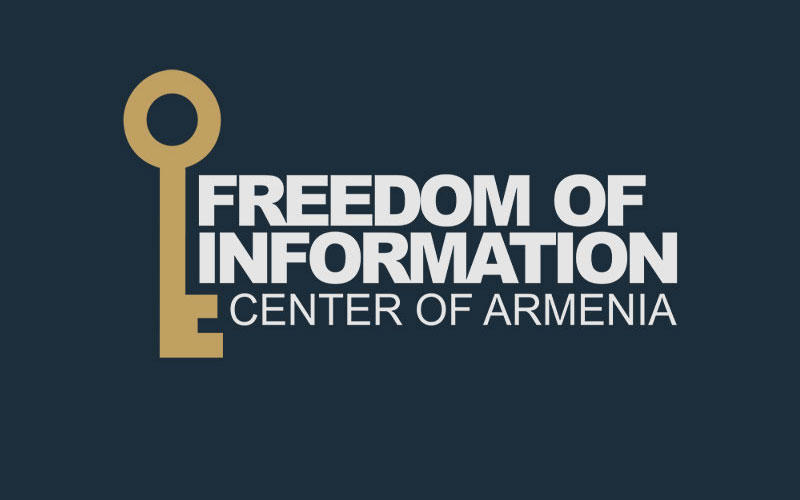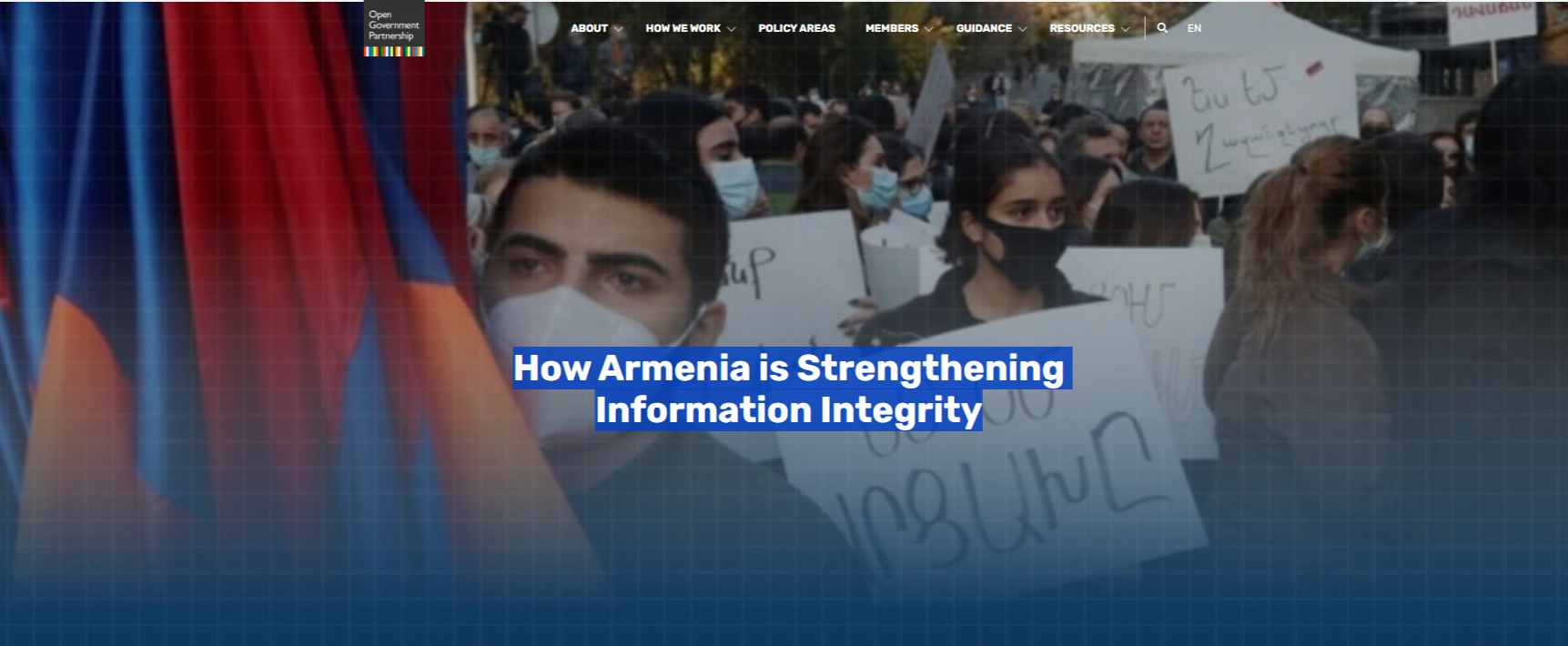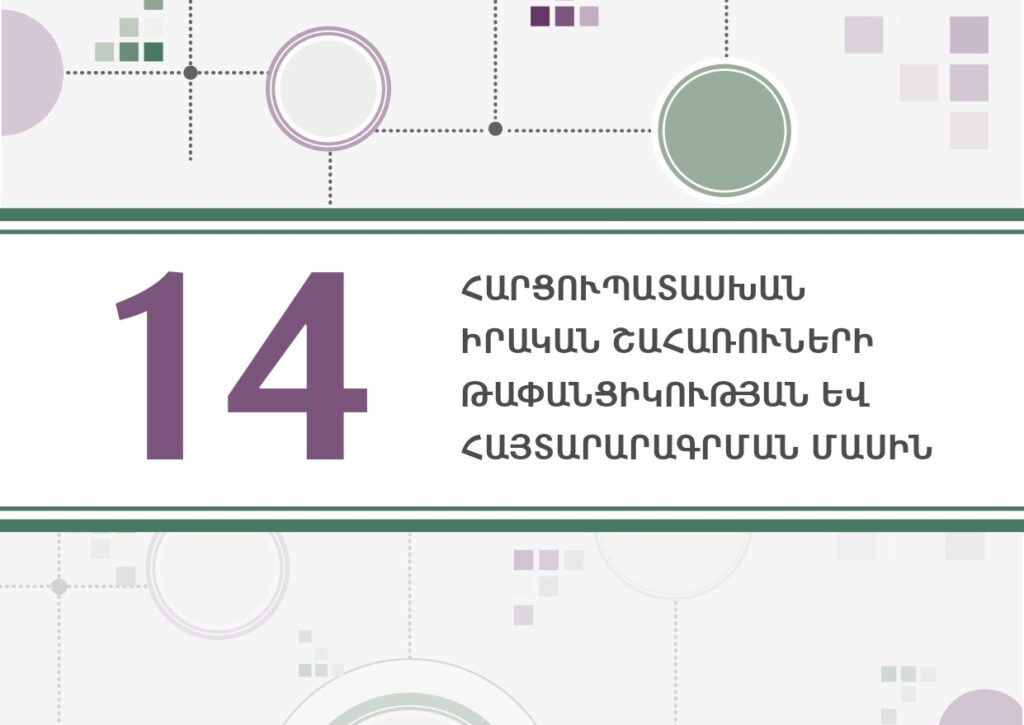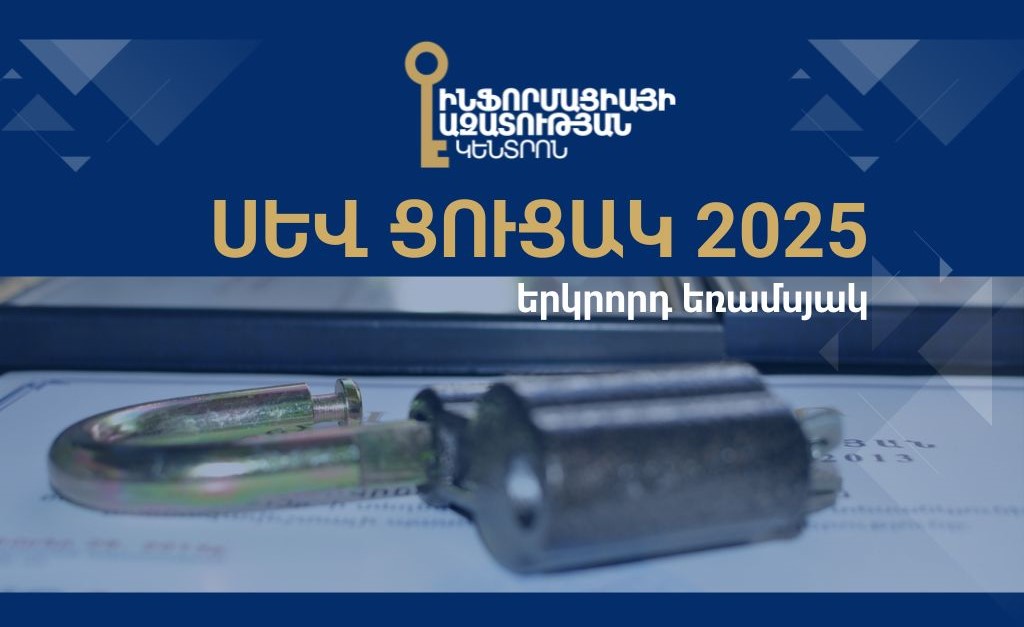Since October, 2009 in all the courts of Yerevan “Datalex” public information booths have been installed. In the word “Datalex” the Armenian word “dataran” (“court”) and the Latin word “lex” (“law”) are combined. This system allows receiving information about court proceedings in process, the case and the court hall, the date when the case entered court, the day the case was accepted, other dates, the judge and about the conflicting sides. Till the end of the year it is planned to install such booths in all the courts of the Republic. They already exist in Kapan, Echmiatsin, Gyumri, Vanadzor, Abovyan and a number of other cities that have a newly built court building.
Due to the monitors in the court buildings, citizens can search the information they need in the databases of CAST and Arlis systems, which contain legal acts (the Constitution, laws, verdicts, international pacts, etc.). They can also search for information in the official websites of the RA state governing bodies.
“The installation of the system aims to give the public a real tool for realizing public control over the judicial system, because today it assures the transparency of the process and context of every court case in the judicial system. Particularly, it will become possible to follow the procedures of any court case – be informed of the status and history of the case, study the dates, verdicts, as well as the complete look of the final judicial acts. In this case exception is only the information about closed court cases,” – this is how Press Secretary of the RA Ministry of Justice Lana Mshetsyan explained the importance of installing the “Datalex” system.
People, having to deal with courts, also find the “Datalex” system useful. According to advocate of the Chamber of Advocates of the Republic of Armenia Karen Mezhlumyan, “It is a very actual and operative system, which allows control over court processes. This, in its turn, helps prevent frauds by citizens. It also facilitates office work in courts. For example, there is a citizen in Armenia – Hrach Grigoryan – who has court hearings against dozens of people in different courts (even against his father who died 5 years ago, his wife and his children). Particularly, he brought an action against his sister, who lives in Moscow, but H. Grigoryan mentioned a Yerevan address. He received a letter and answered it on behalf of his sister. As a result of this the court passed a verdict, causing the sister to lose some stationary. This system solves such abuses. One should write the name and surname of a person in “Datalex” and all the court cases related to that person appear.”
Karen Mezhlumyan thinks that today “Datalex” is one of the best means of preventing the present abuses in court proceedings. “The effectiveness of this system will increase even more when it becomes available even online. This virtual connection between courts already exists, it can be put on Internet, a separate website or a relevant section in the website of the RA Ministry of Justice can be created. This will be very actual for Armenia. Because a vast majority of Armenians are working abroad, due to this system they will be able to get information about themselves all around the world.”
Citizens have also started using the abovementioned information booths. “This is very good news. Today it is easy to get information about judicial processes. Thanks to “Datalex” one easily learns about a court case and the numbers of court halls, the day a case enters the court and when a proceeding starts,” said citizen Armen Hakobyan.
Director of the Judicial Reforms Project Implementation UnitArthur Tunyan informed, that “Datalex” system is planned to be made online. “The datalex.am website already exists, which is still in a working stage and is closed. Till the end of the year the system will also be available online.”
“We have received only positive responses about “Datale”, so far. Of course, mainly lawyers use the system, but citizens also gradually start using it,” stated A. Tunyan.
A. Tunyan also told about some cases when during court hearings lawyers have referred to “Datalex” system. “There are precedents, when the judge has tried to direct the judicial process differently; however, the lawyer has intervened, referring to “Datalex”, stating that there is a verdict passed by the same judge to a similar case, which contradicts the judge’s present approach.”
It should be added, that it is also planned to upload the recordings of court cases into this information booths.











